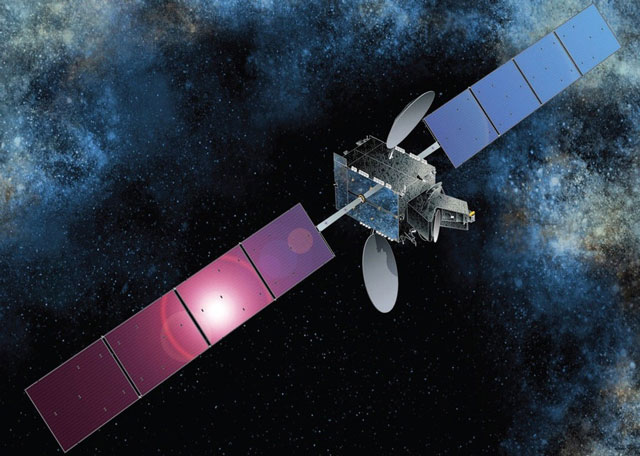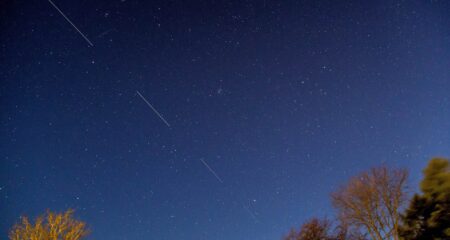
Africa’s first private satellite will be launched in 2016. But scientists and engineers will not be behind this bold move. Instead, it is being powered by a group of South African high school girls.
Pupils from across Cape Town on Youth Day attended the launch of the ambitious project, run by the Meta Economic Development Organisation (Medo).
A shortage of technical skills required for building businesses motivated the company to launch a science, technology, engineering and maths focused programme, explained Medo CEO Judi Sandrock.
“The intention of this programme is not to be a once-off. It is to be the start of at least a decade-long drive to inspire young people to enter the science and technical fields,” she said.
She referred to the National Advisory Council on Innovation in April, confirming that in the 2014 matric results, only 7,6% of pupils passed maths with more than 60%, while 5,5% managed the same in physical science.
The programme is crucial in reversing the legacy of apartheid, which excluded maths and science from the curriculum of non-white children, the company said in a statement.
Today’s children are “not brought up in technically passionate households” and the number of technical degree applicants is decreasing year-on-year”.
The Medo programme has been designed to inspire young women to consider science, technology, engineering and maths as a career.
These careers represent eight of the top 10 occupations in demand in the country, Sandrock pointed out.
At the launch, the girls were introduced to the programme through an interactive workshop.
Focused on creating their own jiggy bot — an electrical device which uses different mechanisms to light up a bulb, vibrate and move — the goggle-wearing teenagers then assembled and soldered their creations with meticulous precision.
This was part of the first stage of the project which introduces the women to electronics and the basics of practical science.
“Space trek” week-long camps will take place during the holiday following the end of the third term, where participants will design their satellite payload experiments and test them using high altitude weather balloons.
In December, extended school holiday internships to finalise payload designs will take place, and the satellite will be built for launch.
Absorbed in assembling her jiggy bot, Siddiqah Latief told News24 she never thought science could be so exciting.
“It’s amazing to see how all these bits come together to create something so technical and amazing,” the Pelican Park High School pupil enthused.
“It has never been my favourite subject, but I am starting to love science. I always thought it was for nerdy boys. Now I am thinking of making this my career.”
Nina-Rose Clarke of Pinelands High School agreed.
“I never thought building things could be this interesting. I am loving this experience. It’s so exciting to be exposed to more than just drawing and studying ideas. Constructing stuff is so much better.”
The satellite is scheduled to be launched in the first quarter of 2016. — News24




